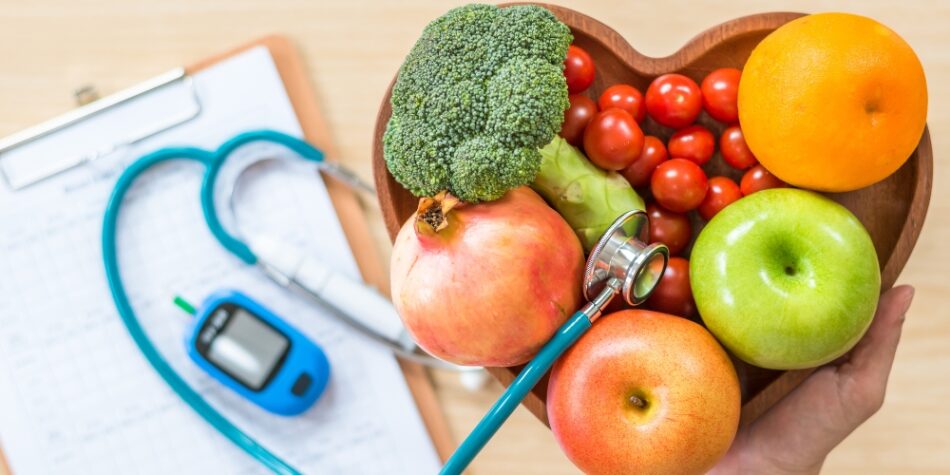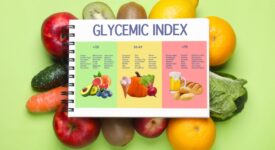Are you feeling unusually tired or noticing that your skin appears dull? It’s easy to overlook the impact of diet, especially when balancing a busy lifestyle with the temptation of convenient but unhealthy food options.
Have you considered how your eating habits might be affecting your health? The truth is, diet plays a crucial role in our overall well-being.
A nutritious, balanced diet is essential for staying healthy, yet many people unknowingly fall short of meeting their nutritional needs. Here are ten signs that your body may not be getting the nutrition it requires:
1. Underweight
Being underweight is one of the most obvious signs of poor nutrition. Calculating your Body Mass Index (BMI) can help assess this, though it doesn’t account for all individual factors. According to The National Institute of Nutrition (NIN), the average height and weight for adults aged 19-39 are approximately 5.8 feet (177 cm) and 65 kg for males, and 5.3 feet (162 cm) and 55 kg for females. If your weight falls significantly below these averages, it could indicate inadequate nutrition.
2. Low Energy Levels

Persistent fatigue may signal insufficient calorie intake. For instance, individuals assigned female at birth (AFAB) need about 2,000 calories daily for maintenance and 1,500 for weight loss. Those assigned male at birth (AMAB) require approximately 2,500 calories or 2,000 for weight loss. Regularly consuming fewer calories than your body needs can result in feeling consistently drained.
3. Hair Loss
Increased hair shedding could be linked to deficiencies in nutrients like iron, zinc, vitamin D, or omega-3 fatty acids. Research published in Dermatology and Therapy suggests that inadequate calorie and protein intake can also cause hair loss. If this issue persists, revisiting your diet to ensure it includes sufficient nutrients might help.
4. Fatigue and Weakness
Feeling weak or tired despite adequate rest might stem from low levels of iron, vitamin B12, or vitamin D. Studies in the journal Nutrients highlight these deficiencies as common causes of fatigue. If this persists, consulting a healthcare professional about your nutritional intake is advisable.
5. Changes in Appetite or Taste
Sudden shifts in appetite or taste preferences can indicate nutritional deficiencies or health issues affecting nutrient absorption. Cravings for non-food items (a condition known as pica) may also suggest a lack of specific nutrients. It’s essential to seek professional advice to identify the root cause and improve your diet.
6. Mood Swings
Inadequate nutrition can influence mood and mental health. A 2020 study found a significant link between poor dietary habits and low mood. A well-balanced diet is crucial for emotional stability and overall mental well-being.
7. Slow Wound Healing
Delayed healing of wounds or frequent infections could result from nutrient deficiencies that impair immune function. Nutrients like vitamins A, C, D, and zinc play vital roles in recovery. A lack of these can slow down the body’s healing process.
8. Constipation
Infrequent bowel movements may occur when calorie intake is too low. Reduced food consumption leads to less waste in the digestive system, often causing constipation—defined as having fewer than three bowel movements per week or struggling with hard stools. Studies show women on low-calorie diets are particularly prone to this issue. Adjusting your diet to include more nutrients may help.
9. Frequent Illness
A weakened immune system can make you more susceptible to illnesses. Deficiencies in nutrients like zinc, selenium, and vitamins A and C are known to compromise immunity, increasing the likelihood of infections.
10. Skin Issues
Nutritional deficiencies can manifest on your skin, causing dryness, peeling, or thinning. A 2018 study connected malnutrition with skin tears, regardless of age or BMI. Consuming a diet rich in essential nutrients is key to maintaining healthy, vibrant skin.
Conclusion
Your health is your most valuable asset, and neglecting proper nutrition can have serious long-term consequences. Pay attention to the signals your body sends, and take steps to improve your diet.
Making healthier choices today not only prevents deficiencies but also enhances your daily quality of life. Nourishing your body with the right nutrients helps you thrive and feel your best every day.








